Nereus in the News – Friday, September 9
Nereus Program research featured in Global News, CBC Radio Canada, Metro News, and CKNW AM 980.
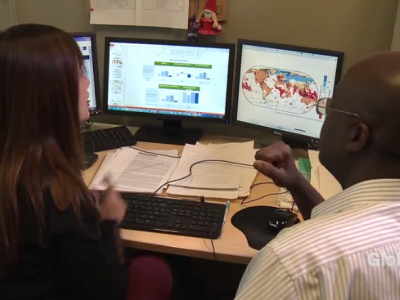
Nereus Program research featured in Global News, CBC Radio Canada, Metro News, and CKNW AM 980.
Nereus Director of Science William Cheung attended the Scoping Meeting for the Intergovernmental Panel on Climate Change (IPCC) Special Report on the impacts of global warming of 1.5°C above pre-industrial levels and related global greenhouse gas emission pathways as an invited expert.
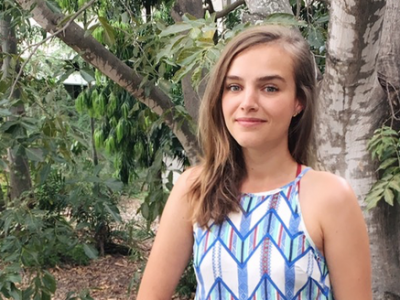
Jessica Spijkers is a PhD student at the Stockholm Resilience Centre (Sweden) and the ARC Centre of Excellence for Coral Reef Studies (Australia). She holds a Master in European Studies and a Master in Social-Ecological Resilience for Sustainable Development. In her PhD, she seeks to understand where, why and with what social-ecological consequences international conflicts over shared fish stocks occur.
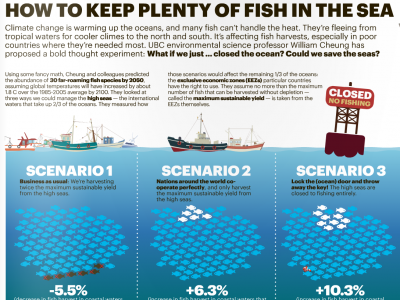
Nereus Program research covered in National Geographic, Reuters, CBC Radio Canada, Metro, LocalXpress, and Sport Fishing.
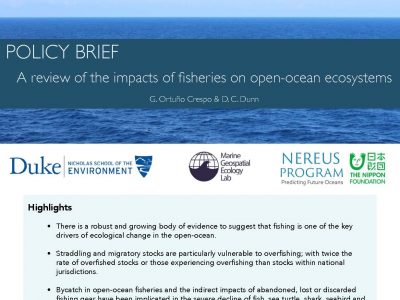
The Nereus Scientific & Technical Briefs on ABNJ series was developed out of a workshop held prior to this year’s 4th International Marine Conservation Congress in St. John’s, Newfoundland (July-August 2016). They were prepared for the second meeting of the BBNJ Preparatory Committee meeting, held from August 26 – September 9, at the UN. The PrepComm is developing an international legally binding instrument under the Law of the Sea on the conservation and sustainable use of marine biodiversity of areas beyond national jurisdiction. These policy briefs are meant to inform this process and different aspects of high seas conservation and use.
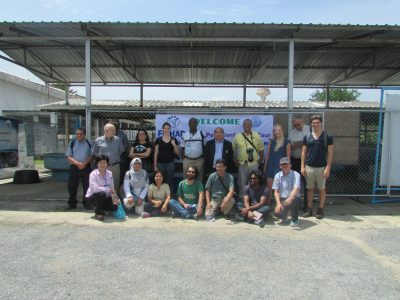
Nereus Fellow at University of Cambridge/UNEP-WCMC Rachel Seary attended the 1st FishAdapt conference on climate change adaptation for fisheries and aquaculture, held in Bangkok from August 8 to 10, 2016. The conference aimed to provide opportunity for sharing practical experiences of climate change adaptation in the fisheries and aquaculture sectors.
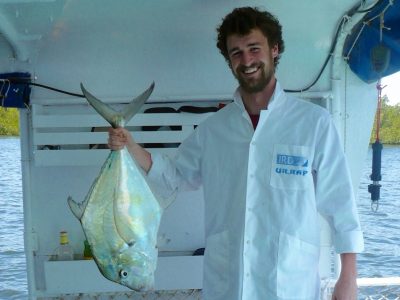
Biomass is the mass of organisms in an ecosystem or community; it is thought of in terms of energy for the next trophic level – the higher chain in the food web. For example, the biomass of plankton, which may be eaten by herring, which may be eaten by tuna. Mathieu Colléter recently completed his Nereus Program fellowship at UBC. The focus of his study was on ecosystem modeling and, more particularly, work on biomass estimates for the world ocean using ecosystem models.
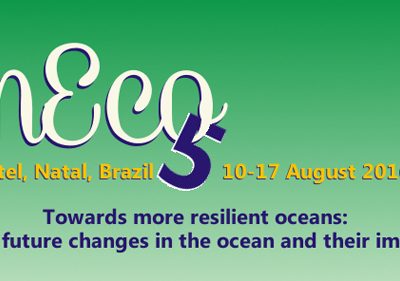
Nereus Fellow at UBC Muhammed Oyinlola attended the ClimEco5 Summer School organized by the Integrated Marine Biogeochemistry and Ecosystem Research project (IMBER), titled ‘Towards more resilient oceans: Predicting and projecting future changes in the ocean and their impacts on human societies’. The summer school took place from August 10 to 17, in Natal, Brazil.
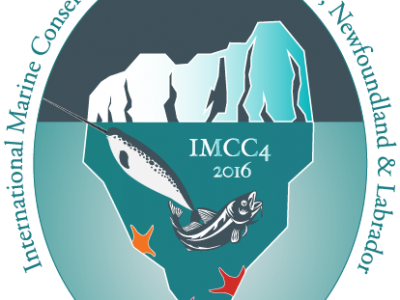
The International Marine Conservation Congress (IMCC) took place from July 30th to August 3rd in St. John’s, Newfoundland, Canada. The congress brings together marine conservation professionals and students in order to “develop new and powerful tools to further marine conservation science and policy”. Under the theme of “Making Marine Science Matter”, this year’s conference dealt with strategies to influence policy-makers and stakeholders, and was divided among several topics of interest, including marine food security, ocean science technology, and marine policy.
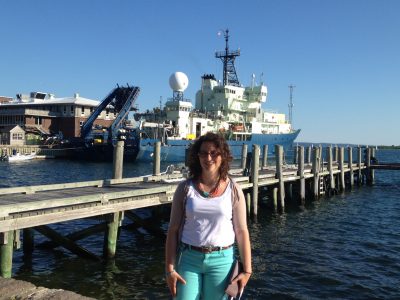
By Rebecca Asch, Senior Nereus Fellow, Princeton University
The Ocean Carbon and Biogeochemistry (OCB) Summer Workshop is an annual event where scientists leading research on the carbon cycle and circulation of nutrients in the ocean meet to discuss advances in their field and jointly plan new research initiatives. This year it was held from July 25 to 28 at the Woods Hole Oceanographic Institution in Massachusetts, USA.